How to write a CV: Key takeaways
Short on time? We’ve got you covered. Read our quickfire takeaways and bookmark this page for later!
- How to write a CV: Include essentials such as contact info, education and experience
- Tips for success: Tailor for each job, craft an engaging objective, quantify your achievements, highlight transferable skills, and use action verbs.
- Pay attention to detail: Keep it clean and easy to read, spell check, proofread, and get another pair of eyes – seek feedback!
- CV formats for beginners: Consider Functional or Skills-Based, Combination, or Entry-Level CV styles that focus on academic achievements and transferable skills if you have limited professional experience.
Read about life at Admiral and explore all of our latest graduate jobs and early careers opportunities.
Explore early careers
Deep dive into the details: How do I write a CV?
Your CV is your golden ticket to a world of opportunities! It could be the opening chapter to your story at Admiral, like Lilly, who turned a stop-gap into a career to be proud of.
Whether you’re just trying to land your first job, keen to put your degree to use or trying to break into a technical field, it’s important to make your CV inviting, professional, and uniquely you.
If you’re asking yourself how to write a CV, don’t worry, our comprehensive guide will help you understand what goes into a CV.
Plus, we'll spill the beans on tips and tricks to make your CV stand out from the competition and shine like a beacon among the sea of applicants.
Let’s get to it.
What should I include in a CV?
- Contact information: Make sure we can find you! Provide your full name, phone number, professional email, and LinkedIn profile if you have one.
- Personal statement: Let your ambition sparkle! Write a snappy statement that aligns with your dreams and the job you're gunning for.
- Education: Start with your latest educational feat and work backwards.
- Skills: Be a skill show-off (in a good way)! Throw in a mix of hard and soft skills that align with the job description.
- Experience: Turn everyday tasks into superhero feats! Talk about internships, volunteer gigs, or part-time jobs, and focus on how they developed you personally and professionally.
- Extracurricular activities: Let your personality shine through. Interests alone won’t make you stand out. Make sure to highlight relevant experiences like the times you led, organised, and worked well with people.
- References: You don’t need to provide referees in your CV but can include 'references available upon request'. Most employers will assume this anyway, so if you're short on space, leave this out.
How should I format my CV?
Let your name shine!
Make your name the title of your document – no need for mundane headlines like 'curriculum vitae.' It’s obvious and self-explanatory, so it’s a waste of valuable word space.
Use section headings that pop
Use bold and larger fonts (size 14 or 16) for section headings to make your CV reader-friendly.
Font matters:
Opt for professional and readable fonts like Arial, Calibri, or Times New Roman (font size 10-12). Consistency is key so stick to the same font throughout.
Chronological charm (more on this later!):
List experiences in reverse chronological order, showcasing your recent achievements first.
Bullet point brilliance:
Keep it snappy. Bullet points create a dynamic layout, letting potential employers quickly spot your key achievements and skills.
Margin magic:
White space is your friend! Maintain 2.5 cm margins to ensure a clean, clutter-free look. Your CV should be easy on the eyes.
Remember to name the document
You may be one of many CVs that a recruiter receives, so save your document with a professional title including your full name, like 'Joe-Smith-CV,' not just a generic 'Document 1.'
PDF Power
PDFs are universally readable! Save your masterpiece as a .PDF file to ensure compatibility on any machine – unless the job ad says otherwise.
What CV style is right for me?
Here are a few types of CVs, each with its own advantages and best-use scenarios:
Chronological CV:
This format lists your work experience in reverse chronological order, starting with the most recent job.
Best suited for: Candidates with a solid work history and a clear career progression. It might not be the best choice for those with limited professional experience as it could emphasise gaps or lack of relevant experience.
Functional or skills-based CV:
Focuses on skills and qualifications rather than on the chronological order of employment. Employment history is often presented briefly.
Best suited for: Individuals with limited professional experience or those changing careers. It allows you to spotlight skills and achievements rather than a linear work history.
Combination or hybrid CV:
Description: Blends elements of both chronological and functional formats. It provides a skills summary at the beginning and follows with a detailed work history.
Best suited for: Job seekers who want to highlight specific skills while still showcasing their work experience. This format can be useful for those with some professional experience but who want to draw attention to their skills.
Entry-level CV:
Similar to a chronological CV but focuses on relevant coursework, achievements, and skills, especially those gained during academic pursuits.
Best suited for: Entry-level candidates such as students or recent graduates with limited professional experience. It allows you to highlight academic accomplishments and transferable skills that make you a strong candidate despite limited work history.
If you’re just starting out, you’ll have access to a host of mentoring opportunities at Admiral, from our Social Purpose team connections.
Remember, the key is to present yourself in the best light possible. Choose a format that compliments your strengths and helps you tell a compelling story about your potential and suitability for the position.
Tips for crafting a standout CV:
- Tailor your CV to the job: Read the job description carefully (why not explore our current vacancies now?) – check your suitability for the role, and think about how your knowledge, skills, and professional or life experiences make you a good fit for the role. Make sure those attributes stand out.
Bonus tip: If you’re searching for jobs in tech, check out what makes Admiral a great launchpad for a tech career. - Show that you’ve taken the time to learn about the employer: If you’re including a personal statement or cover letter, include the reasons why the employer stands out to you. How does their culture align with your values?
- Quantify achievements: Numbers are your best friends! Use data and statistics to back up your achievements and make your impact pop.
For example, if you managed company events as part of a summer internship, you could say you "successfully organised five company events, leading to a 20% increase in employee engagement and a positive feedback rating of 95%."
Adding specific numbers not only makes your accomplishment more tangible but also demonstrates the scale and success of your contributions.
- Highlight transferable skills: Show off your versatility! Emphasise skills that can do a little dance across industries.
- Use action verbs: They are powerful words that bring your experiences to life on your CV, such as managing, developing, collaborating, leading, solving and so on.
- Showcase your learning: Include certifications, workshops, or courses that show, "I'm always hungry to learn."
- Design matters: Unless you’re applying for a creative role or need to showcase a portfolio, you should keep your CV clean, well-laid out and professional.
- Proofread: Don't let typos crash the party. Attention to detail matters!
- Network and seek feedback: Connect with professionals in your desired field and ask for CV advice. Show your CV to friends and family, a second pair of eyes never hurts. Feedback is your secret weapon.
Put your CV to work: Explore opportunities at Admiral
Admiral is all about growth, mentorship, and creating a stage for ambitious folks like you to thrive. Intrigued? We thought you might be!
Now you’ve mastered how to write a CV, with these top tips and the promising horizon at Admiral, you're on the way to a spectacular career journey.
Read about life at Admiral and explore all of our latest graduate jobs and early careers opportunities.
Find graduate jobs








